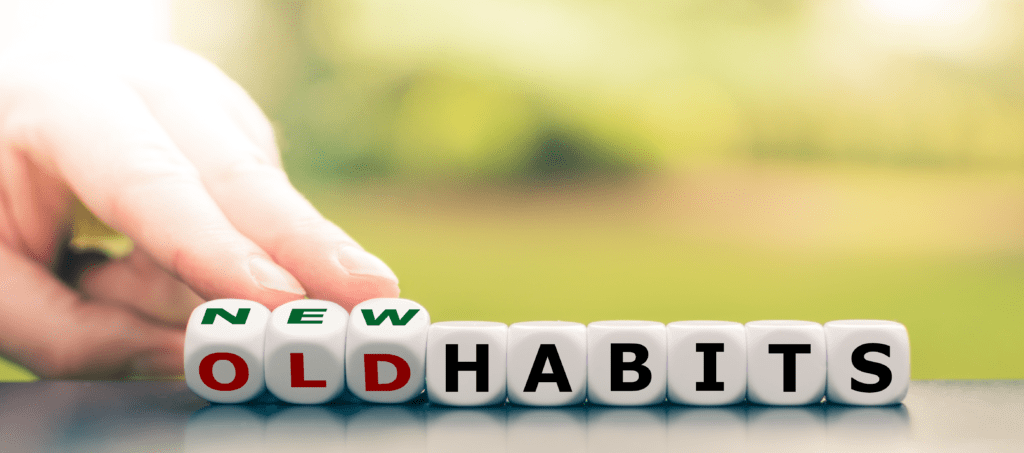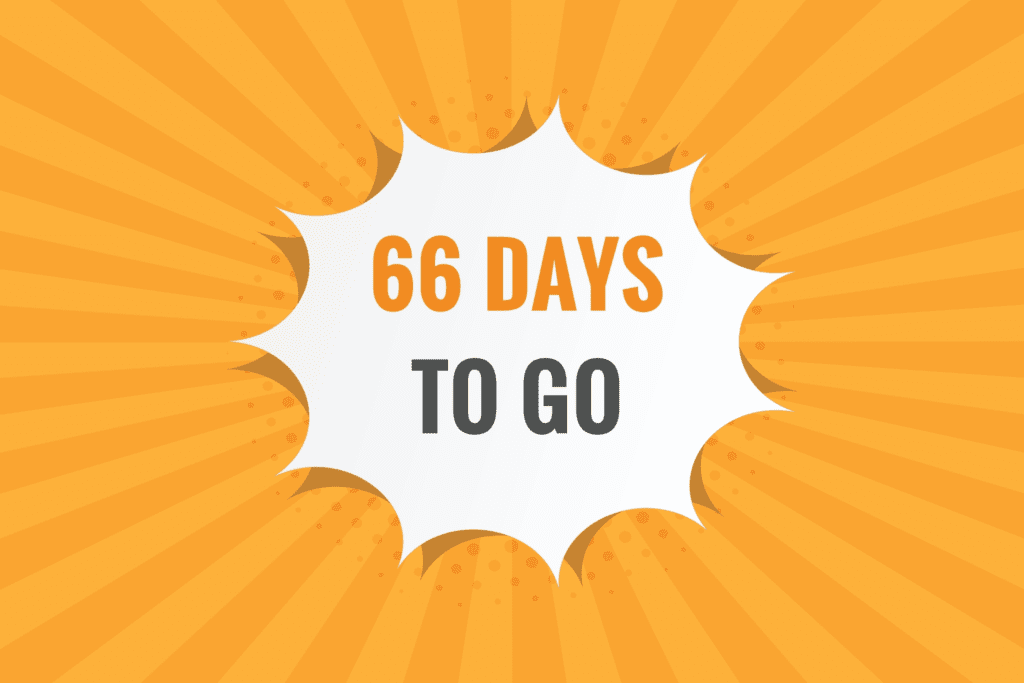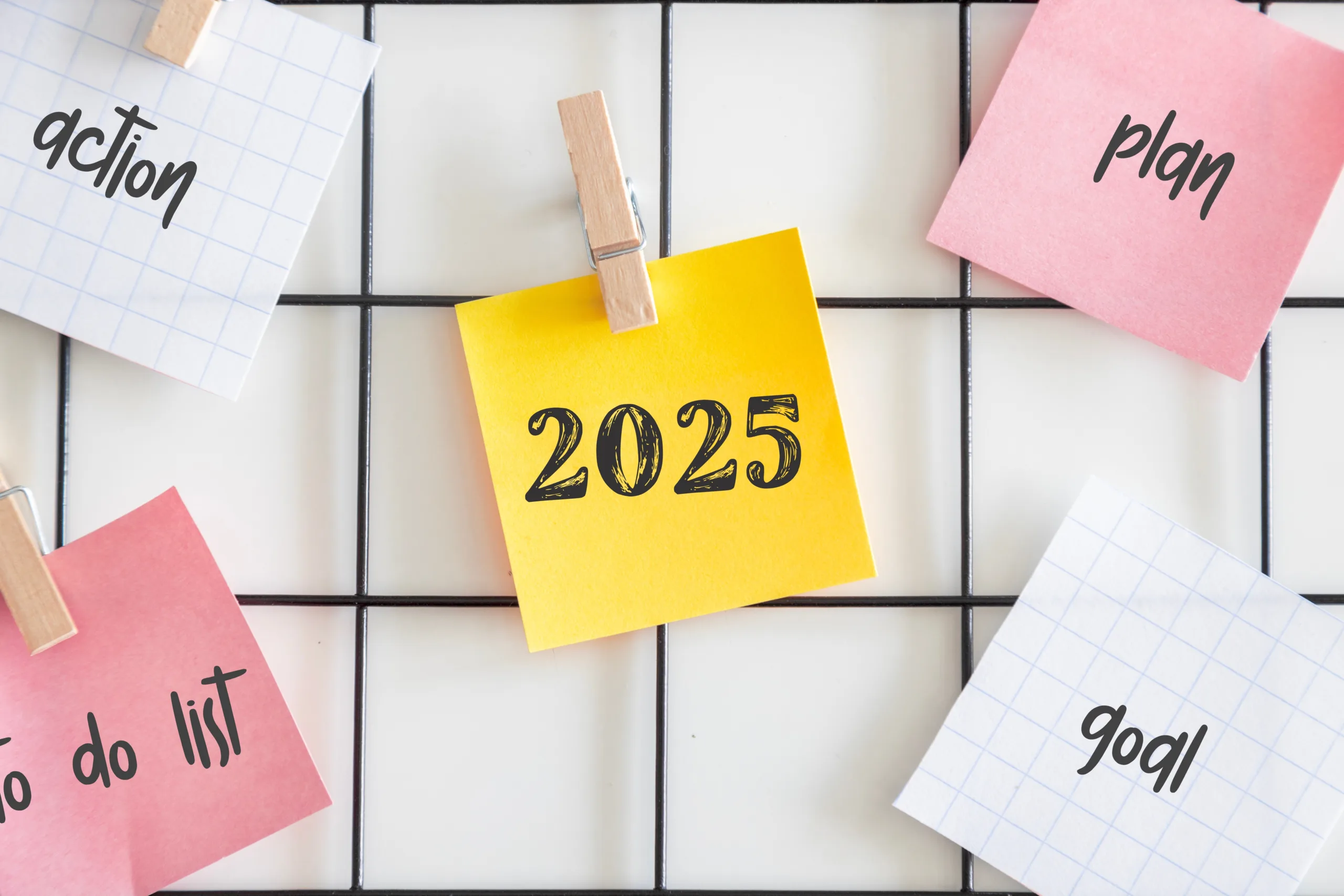Building Better Habits: Embracing Change for the New Year
Rethinking Resolutions: Do We Truly Need New Year’s Commitments?
The start of a new year is a wonderful opportunity to reflect on ourselves and evaluate our daily routines. We often tend to focus on the future and overlook the present moment. After spending time with family and friends during the festive season, many people embark on a journey of self-improvement as the new year begins.
For a New Year’s resolution to truly take hold, it needs to become a solid habit. Our brains are wired to perform most tasks with minimal cognitive effort, freeing up energy for more demanding activities. We all have our favourite brand of chocolate or tend to take the same route through town without thinking about it. While our minds are preoccupied with various thoughts, our brains operate on autopilot, helping us get from point A to point B safely. As a result, we often view our resolutions as something unfamiliar.
People have differing opinions on setting goals at the start of the year. Some see it as a common practice, while others view it as a temporary measure that will eventually fall apart. Understanding how habit formation works can help us comprehend this division between those who can sustain a change and those who cannot.

How to Form a New Habit
Habits play an important role in our daily lives by making tasks easier and conserving mental energy. Efficiently managing multiple projects, tasks, and goals is essential for our mental well-being. However, sometimes our habits can work against us, causing more harm than good. Through self-reflection, we can identify unconscious actions, and meditation can help us recognise behaviours we need to change.
Personally, I am in favour of maintaining continuous habits throughout the year, but the festive period always gives me a chance to recap and rethink some of the important decisions in my life. It is during this reflective time that I evaluate what is truly working and where I need to make adjustments to align with my long-term goals.
It is easy to say, “Make a change and achieve a new goal,” but without a practical method to implement it, success is difficult to achieve. James Clear discusses the concept of making small, consistent changes in his book Atomic Habits, emphasising how even tiny adjustments can accumulate into long-lasting transformations over time. Personally, I have found that reading can be a helpful first step to understanding the theory behind change, but having a workable mechanism to apply this knowledge in daily life is far more important.
Dr. Joe Dispenza’s book “Breaking the Habits of Being Yourself” provides practical steps to increase awareness.
To create a new reality for ourselves, the first step is to recognise the behaviour that needs to change. For example, if we have a habit of eating cake as a quick dopamine fix, it’s acceptable in moderation. However, we need to connect the habit we want to change with our emotional state. For instance, we might reflect and say, “I enjoy cake, but limiting myself to one slice aligns with my calorie goal, preventing guilt and regret.” Initially, this introspection may feel uncomfortable, but with practice, it becomes more natural and empowering.

In the second stage, you should contemplate the problem you have identified and think of ways to prevent it from happening again. Let’s say, for instance, that you find it challenging to stop eating cake and want to limit yourself to only one slice. To achieve this, you can start by planning your shopping and buying only what you need, which could help reduce your cravings. You may also refer to this guide to develop a healthy eating routine.
One of my favourite podcasters, Steven Bartlett, has created an incredible tool in the form of a journal that encourages daily improvements of just 1%. This approach ties perfectly with the idea of “The Power of Tiny Gains.” By improving by just 1% each day, you set in motion a compounding effect that leads to exponential growth. By the end of the year, being just 1% better every day can make you 37 times more accomplished than when you began.

Navigating Habit Formation for Lasting Change
It’s common for us to lose focus and positive intentions despite our best efforts and hard work. However, research scientists can help us understand how habits are formed and how long we should persevere to create a new reality. A study conducted at University College London by Philippa L. in 2009, which involved 96 participants, recorded habit formation that ranged from 18 to 254 days. On average, it takes 66 days to create a new habit, but this may vary depending on your learning ability and age group.

The study raises the crucial question of how to stick to the change and avoid reverting to old habits. Technology can be a useful tool to remind us to stay committed to our newly established routines. For example, smartphone applications can prompt us to drink enough water, take breaks from screens, or achieve daily step targets.
To stay motivated and maintain our new habits, we could create a personalised reward system. It’s important to think about long-term rewards rather than short-term solutions that provide instant pleasure. For instance, instead of skipping our favourite slice of cake to maintain weight, we should focus on the long-term goal of having a healthy body and mind. If we visualize the downsides of the short-term outcome and focus on our newly planned reality, we’ll stay devoted to our changed behaviour.

Personalising Goals and Overcoming Influences
We often get influenced by people who want to build a connection with us rather than helping us achieve our goals. To avoid this, we can personalize our objectives according to our reality and find the necessary resources to make them happen. It’s essential to surround ourselves with good people who motivate us to improve our behaviours.
You might believe that setting New Year’s resolutions is a futile activity and a waste of energy that can be utilized elsewhere. But remember, it’s always better to start now and improve later with your goals and plans. Don’t be afraid to fail along the way; your only failure will be regretting not trying. Your freedom to make decisions will guide you in choosing the right approach to life.

Conclusions
In conclusion, bringing about long-term life changes requires more than simply making resolutions. It involves embarking on a journey of developing sustainable habits and having a strong and resilient mindset. Reflective practices during the festive season can help evaluate progress and realign goals. Additionally, tools like Steven Bartlett’s journal and insights from Atomic Habits provide practical, actionable methods to support change. By focusing on small, consistent improvements, anyone can achieve meaningful, long-term transformation.





